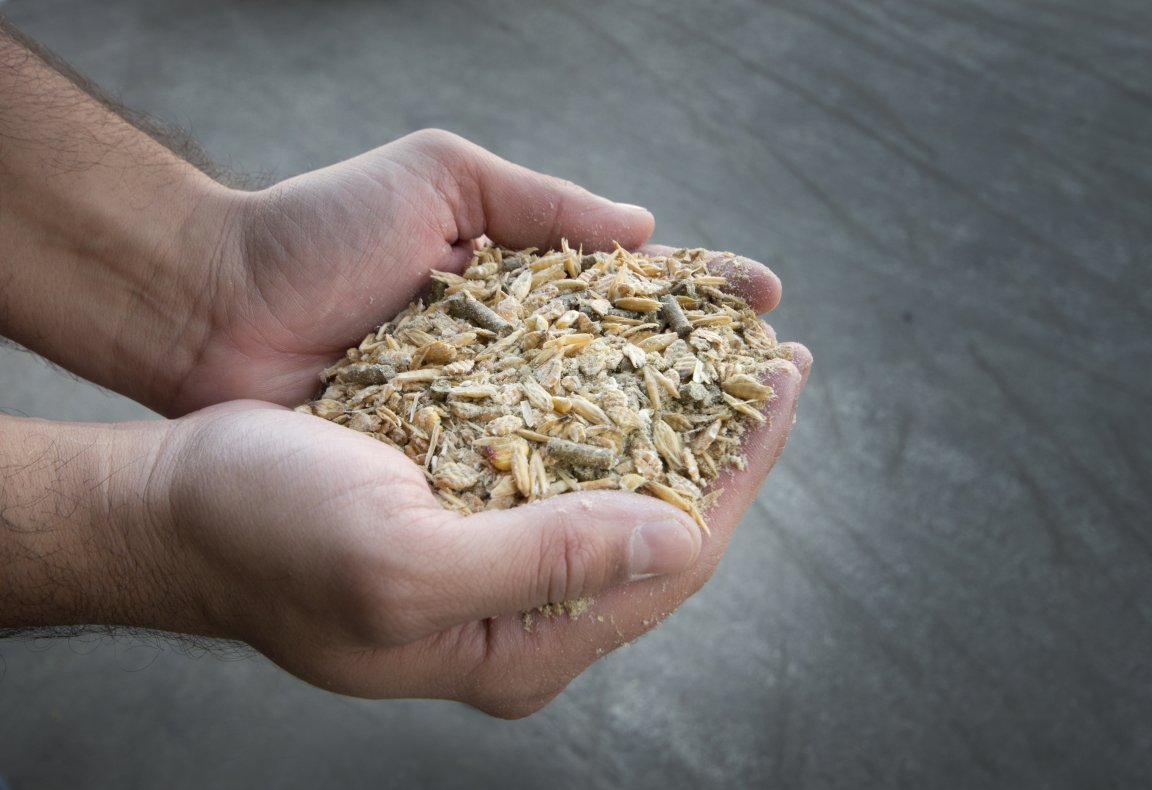
Something in the Water
Research carried out at the Dalian University of Technology in China has raised concerns about the capacity of fish meal to disseminate antibiotic-resistant genes (ARGs). A new study suggests that animal feed could be partially responsible for the spread of bacteria that aren’t affected by antibiotics.
Fish meal is a type of animal feed made from fish that aren’t considered fit for human consumption. It’s fed to both farmed fish like salmon, and farm animals such as chickens and pigs. The researchers sourced fish meal products from Chile, China, Peru, Russia, and the U.S., and set up marine sediment beds in a laboratory to see the effect of uneaten residue. It’s thought that farmed animals only absorb around 35 percent of the fish meal that they’re given, with the rest being released into the environment.
The study found that fish meal increased both the diversity and the amount of antibiotic-resistant genes present in the sediment. If these genes are circulated among bacteria in the environment, there’s a threat that they might breed superbugs.
Antibiotic Awareness
Antibiotics have had a truly monumental impact on medicine, allowing humans to survive various maladies that would have once been fatal. However, when bacteria become resistant to antibiotics, we’re effectively sent back to the dark ages before their discovery, when people died of infections that are widely considered treatable — if not preventable — today.

It’s well documented that over-prescription of antibiotics to human patients could diminish their effectiveness over time. This study demonstrates that administering antibiotics to fish that are set to be made into fish meal could have similarly destructive consequences.
Antibiotics are one of our most valuable medical resources — but that could all change if we don’t make the right decisions about how and when they’re employed.